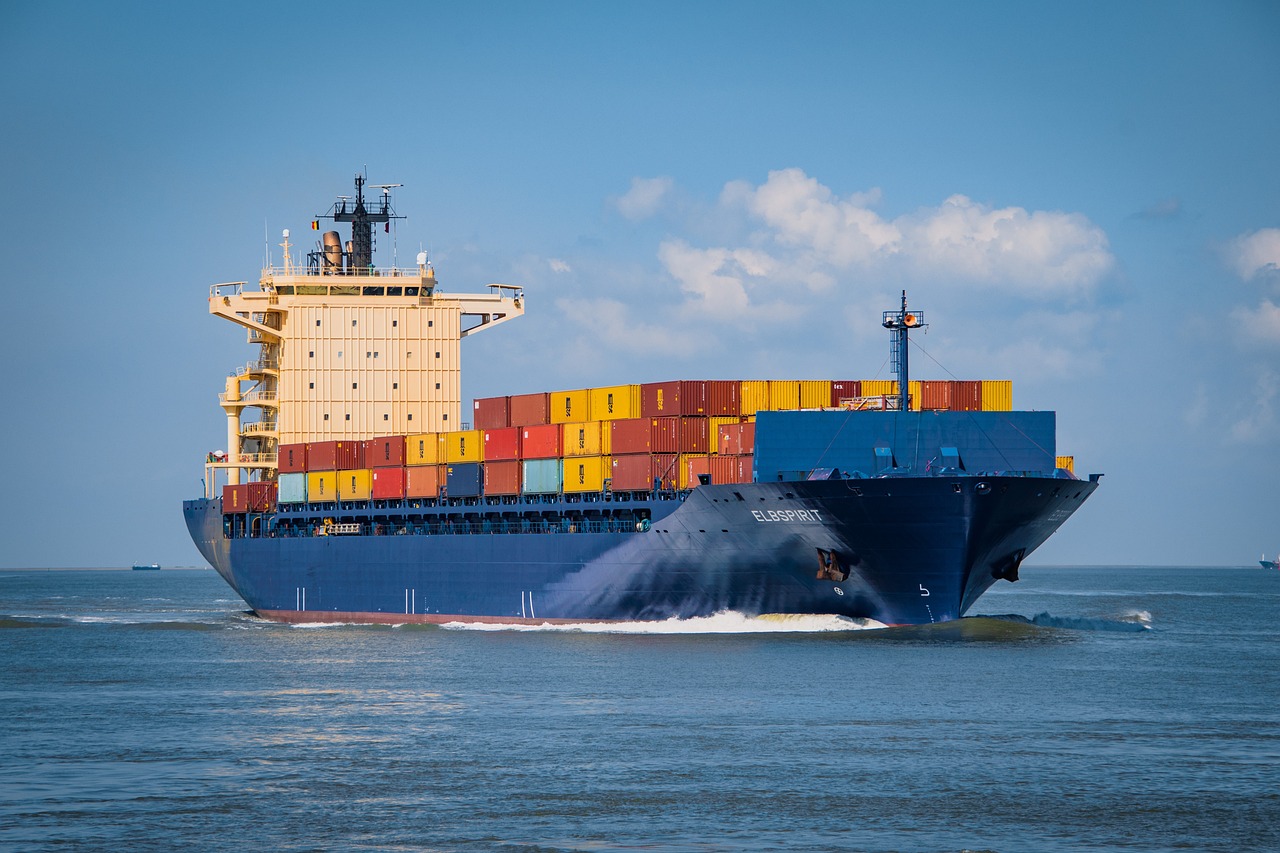Navigating the Intricacies of International Maritime Law: A Comprehensive Analysis
Maritime law, also known as Admiralty Law, is a complex and unique branch of law that governs maritime questions and offenses. Although it is a global and ancient body of law, its relevance and impact on our modern society are often overlooked. This article unravels the intricacies of international maritime law, its historical development, recent legal updates, and its implications on global trade and security.

Historical Background and Development of Maritime Law
The practice of maritime law dates back to ancient civilizations. The earliest known maritime code, Rhodian Sea Law, was established in 800 BC by the Greek island of Rhodes. Over centuries, maritime law has undergone numerous transformations influenced by international trade, technological advancements, and changing political landscapes. These laws established the foundation for modern maritime law, shaping principles related to maritime navigation, shipping, and trade.
The Current Landscape of International Maritime Law
In the present day, maritime law is a comprehensive and specialized legal field. The United Nations Convention on the Law of the Sea (UNCLOS), also known as the “constitution for the oceans,” is the primary international agreement that regulates maritime activities. It outlines the legal framework for the use and conservation of marine resources, navigation rights, and maritime boundaries.
Recent Developments in Maritime Law
Recent years have seen significant developments in maritime law. For instance, the International Maritime Organization (IMO) has implemented stricter regulations on ship emissions under MARPOL Annex VI to combat climate change. Additionally, there have been substantial discussions on issues such as maritime security, piracy, and the rights and welfare of seafarers, leading to the adoption of various international conventions and amendments.
Implications and Impact on Society
Maritime law plays a crucial role in facilitating international trade by providing a legal framework for shipping and navigation. It’s estimated that about 90% of global trade is carried out by sea, highlighting the significance of maritime law. Moreover, it also impacts global security by addressing issues like maritime disputes, piracy, and illegal fishing.
The stringent environmental regulations under maritime law also contribute to global efforts to combat climate change. For instance, regulations on ship emissions aim to reduce the shipping industry’s carbon footprint, thereby promoting sustainable development.
The Unseen Importance of Maritime Law
While maritime law might seem distant and irrelevant to our daily lives, it plays a vital role in global trade, security, and environmental sustainability. Its complexities and developments reflect the constant evolution of our international society, necessitating continuous scrutiny and understanding. Therefore, familiarizing oneself with the intricacies of maritime law is not only a step towards understanding a unique legal field but also a step towards apprehending the interconnectedness of our global society.





